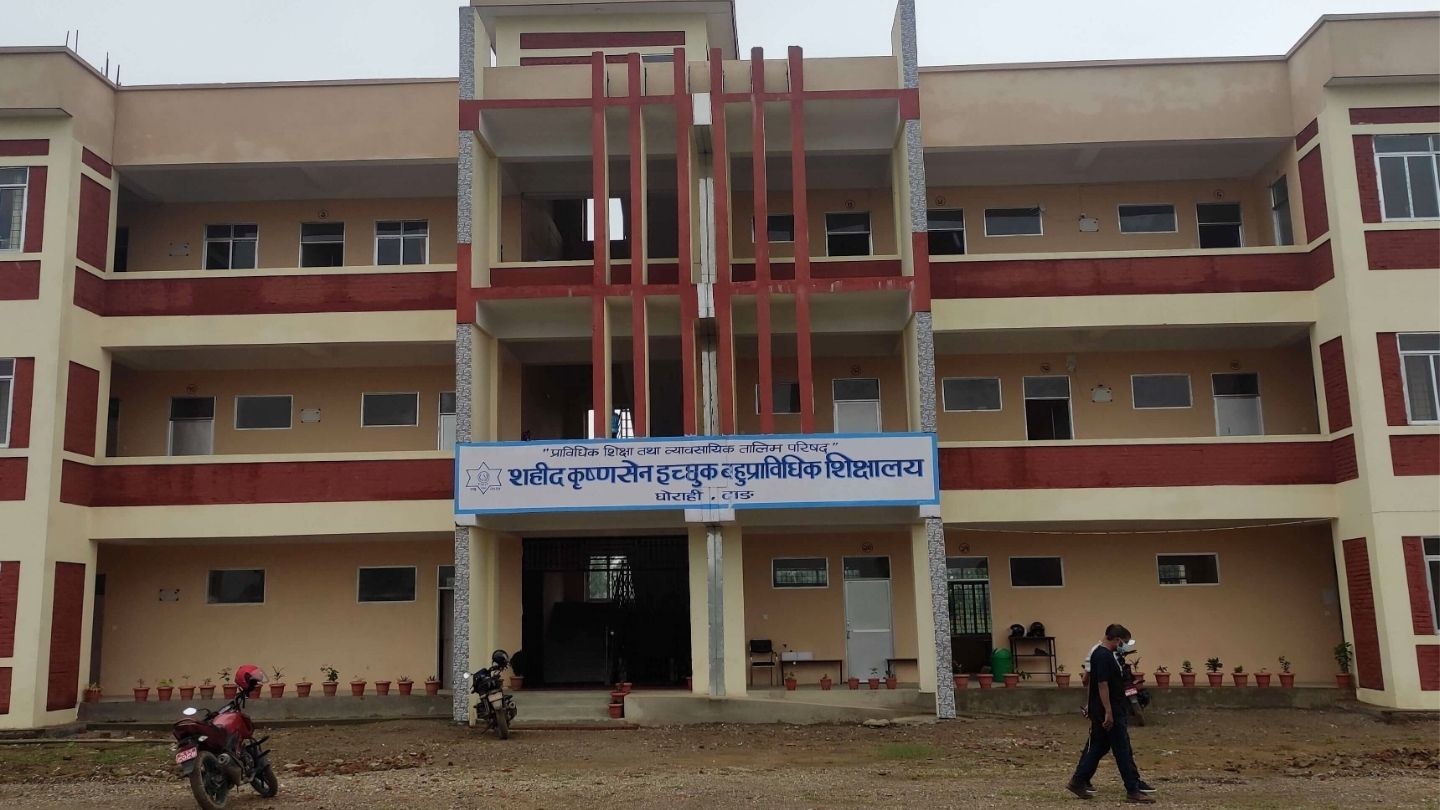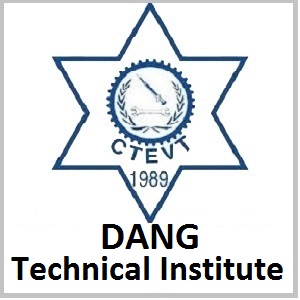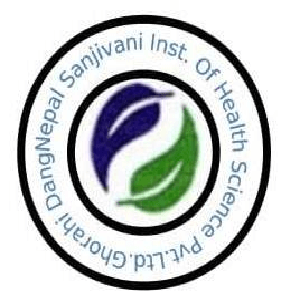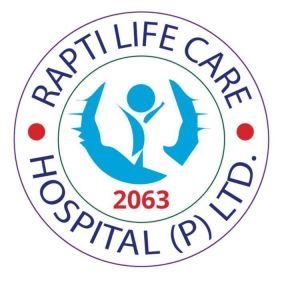Overview
PCL in General Medicine (Health Assistant) at SKIPI, Ghorahi-17, Dang
If you want frontline clinical responsibility in primary care, the CTEVT PCL in General Medicine (Health Assistant) at SKIPI prepares you for patient assessment, basic emergency care, and community health services in Nepal. Many students ask, “Will this help me work in health posts?” The training targets exactly that level.
Overview
The PCL in General Medicine (HA) is a three-year program at Shahid Krishnasen Ichchhuk Polytechnic Institute (SKIPI). Teaching covers clinical fundamentals, community health, and supervised postings so graduates can support doctors and nursing teams in primary settings.

Highlights
-
Clinical modules: OPD procedures, ward work, minor emergency care, maternal and child health basics.
-
Public health components: immunization sessions, disease surveillance basics, health education.
-
Supervised postings in partner hospitals/health facilities with logbooks.
-
Seat capacity: 40.
Curriculum Details
Here’s what you’ll study over three years.
-
Pre-Clinical: anatomy and physiology, pathology basics, pharmacology fundamentals, microbiology overview.
-
Clinical Medicine: history taking, physical examination, common medical and surgical conditions, first aid and emergency response, wound care, IV cannulation practice under supervision.
-
Maternal and Child Health: antenatal principles, growth monitoring, IMNCI concepts at HA scope.
-
Community Health: family health, environmental sanitation, health education sessions, program reporting formats.
-
Pharmacology Practice: prescription reading, dosage calculations, common drug groups, adverse effect reporting.
-
Practicum: postings in OPD, wards, emergency, and community clinics.
Objectives
-
Prepare Health Assistants who can triage, provide basic treatment under protocols, and refer appropriately.
-
Strengthen documentation, counseling, and communication with patients and families.
-
Support public health programs through outreach and reporting.
Scope
Graduates work as Health Assistant (HA) in health posts, primary hospitals, NGOs/INGOs projects, and outreach clinics. Professional registration follows NHPC procedures applicable to the HA category.
Learning Outcomes
Students learn to:
-
Take clinical history, conduct focused examinations, and record findings.
-
Manage common conditions and provide first aid while following referral pathways.
-
Administer vaccinations and support community health days under supervision.
-
Maintain registers, prepare monthly reports, and counsel patients in Nepali/local languages.
Skill Development Modules
-
Vital signs, triage, and emergency drills.
-
Injection technique, drug dispensing basics, and cold-chain handling with supervision.
-
Counseling for nutrition, hygiene, and chronic disease follow-up.
-
Data recording for HMIS tools used in Nepal.
Teaching Methodology
Lectures, skills labs, patient simulations, and clinical postings build stepwise competence. Case discussions and reflections help students connect theory with practice.
Admission Requirements
-
CTEVT eligibility and entrance for PCL.
-
Selection via merit list with reservation provisions for Dalit, Janajati, women, and disadvantaged groups.
-
Enrollment after document verification.
Not sure how to prepare for clinical postings? Practice communication in Nepali, review vital signs, and keep a checklist for logbook skills.
Career Opportunities
-
Health Assistant in public facilities and private clinics.
-
Field roles in community health projects.
-
Pathways to bachelor-level study in public health or health sciences after meeting university criteria.
Scholarships and Financial Aid
CTEVT scholarship categories apply within SKIPI’s sanctioned seats. Check the current cycle for forms and deadlines.
Why Choose This Course?
The program focuses on practical clinical and community skills that rural and urban facilities require every day. Students learn to serve patients safely and communicate clearly.
Conclusion
The PCL in General Medicine at SKIPI offers a direct entry into Nepal’s primary care system through structured training and supervised clinical exposure. Follow official notices for the latest intake schedule, required documents, and fee information.




















